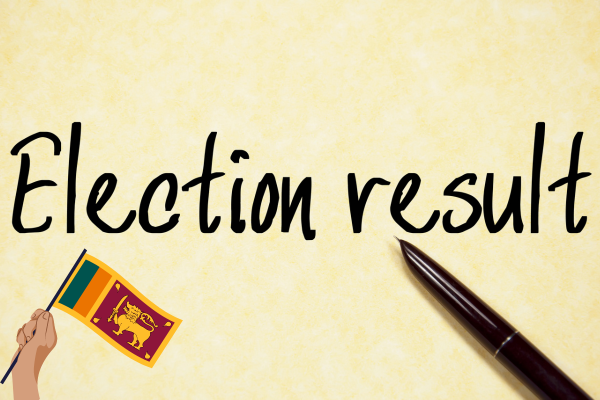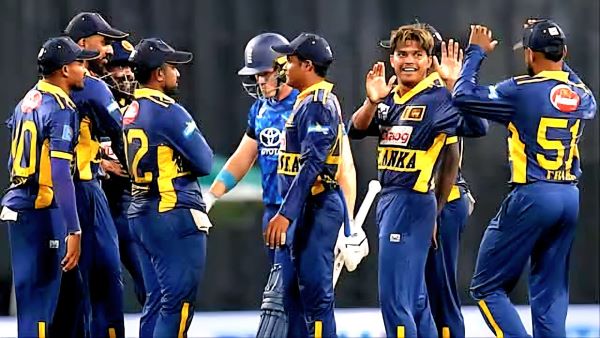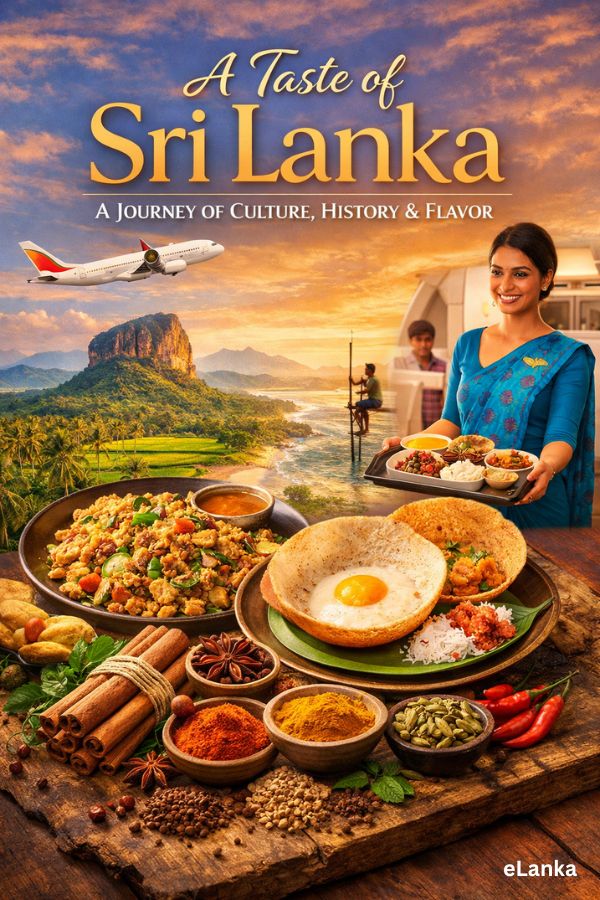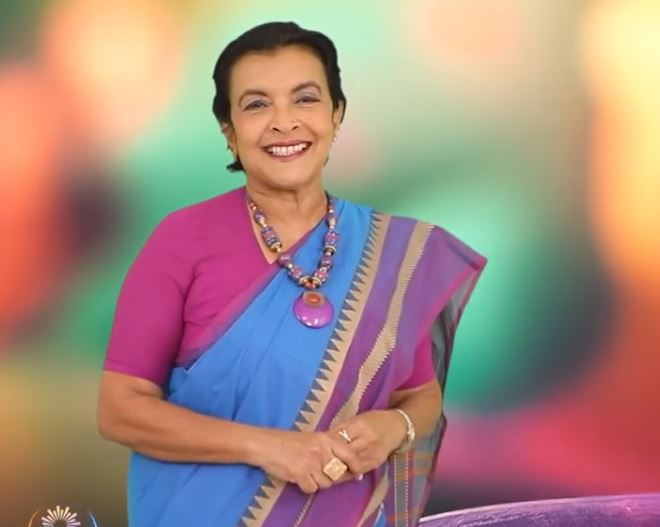Election result – a particular understanding – By Sunil Bastian

An analysis of the results of the recent presidential election can be approached in different ways with different political purposes. This short piece is based on my interest in conflicts. I am also aware that, while conflicts relating to state-minority relations within the Sri Lankan state received attention at international level, conflicts associated with the politics of capitalist transition have not received similar attention. It is time to change this. Obviously, my political motivation is that I would like to see the Sri Lankan state managing this type of contradiction through consent rather than coercion.
To begin this discussion, I would like to focus on the defeat of the former president, Ranil Wickremasinghe. Ranil Wickremasinghe received only 17 per cent of the valid vote. This happened despite the massive support for his ideas on economic reform received from various sections of the elite, which included members of the capitalist class, economists who have become propagandists for these policies, newspapers that backed them and sometimes even from some members of the so-called civil society, who have become a part of the Sri Lankan elite.
My own interpretation of this result is based on an analysis of the politics of capitalist transition. Capitalist transition within a state is a process that involves changing institutions or the ‘rules of the game’, so that markets become the primary mechanism for resource allocation. These changes must be legitimised at an ideological level. When institutions to establish markets are successful, they become ideas that seem to be natural and common sense, thus creating a hegemony.
But the establishment of the hegemony of markets is not a technocratic process, but a political one. The agency of the political elite who control the state is central to this process. Conflicts and struggles are always a part of it. The process of capitalist transition takes place in a particular society within its own history. Emergence of social policies is also a part of this historical process. Specific nature of social policies varies depending on ideas and political forces that dominate. All this means capitalism is not some sort of model. It is a historical process shaped by political struggles and in a particular context.
In the post-colonial history of capitalist transition in Sri Lanka, there have been two ideological currents within the political elite on how to bring about this transition. One of them emphasised a greater role for the private sector, export orientation and openness to global capitalism. The other favoured a greater role for the state. This state capitalist dimension was legitimised through various arguments, such as state-led industrialisation, import substitution and various forms of economic nationalism. It is important to remember these ideological currents have co-existed throughout the post-colonial period.
The post-1977 period is characterised by a new period of capitalist transition that emphasised markets, the private sector, and a greater degree of openness to global capitalism. With both major political formations accepting these policies there was political consensus on the direction of economic policies. Of course, there were differences in the way specific regimes implemented these policies. But there was no effort to revert to the state-dominated capitalism that prevailed in the pre 1977 period.
More than four decades of these policies have had an impact on the socio-economic structure of Sri Lankan society. With the deepening of capitalist relations of production there have been major changes in the agrarian sector. The share of agriculture in the economy has significantly declined. In 1977, 30.7 per cent of the national output was from agriculture. By 2022 it had declined to 8.7 per cent. There has been a gradual deterioration in the viability of smallholder paddy. The 2019 Household Income and Expenditure Survey shows that only 8.6 per cent of income in the rural sector was from agriculture. The other side of this rural transformation is the growth of a population depending on wages. The growing working class is found in many socio-economic formations – organised, informal, sub-contractors, etc. A significant section of this labour are women. Some sections of the working class sell their labour in other countries. While the working class has grown, institutions that protect their rights and working conditions don’t operate in many sectors. What existed in the past has been gradually dismantled. The overall outcome has been the growth of a highly unequal society. Data from the Household Income and Expenditure Survey shows that in 2019, while the richest 20 per cent of the population acquired 51.4 per cent of national income, the poorest 20 per cent had only 4.6 per cent. These numbers are only the beginning of the discussion on inequality. It has had a wide-ranging impact on societal and political processes.
One of the features of modern capitalism is the dominance of finance capital. States becoming dependent on global finance capital has become a feature in the world. Of course, the ability of states to manage their relations with finance capital depends on the relative strength of the state. Stronger states can manage this relationship more in their favour than weaker states. Many of the finance companies engaged in this business are located within the developed capitalist countries. In other words, they form a single interest group.
In the course of the post 197 capitalist transition, the Sri Lankan state also became dependent on global financial capital. This became much more prominent with the post-war state, which emerged after consolidation of the territory of the state through military means. The economic fall-out of the post-war state’s inability to fulfil the demands of global finance capital gave rise to a protest movement. Popularly identified as the ‘Aragalaya’, it succeeded in removing Gotabaya Rajapakse from the presidency. The ruling political elite’s response to this political crisis is the familiar post-1977 formula. First, state repression to put down the protest movement. Second, a deal between political elites to stabilise the situation, and, third, implementing economic reforms to promote capitalist transition, backed by international actors led by the Internation Monitory Fund, a organisation that was set up to protect the interest of global financial capital. These reforms have had wide ranging negative impact on underprivileged sections of the population.
It is obvious to anyone that the defeat of Ranil Wickremasinghe is a rejection by the Sri Lankan electorate of the measures taken to stabilise the economy and promote a capitalist transition. Therefore, my question is to the international actors is how do they hope to react to this political development? Are they going to continue to carry on as before as if nothing has happened. In other words, are they going to dismiss opinion of the Sri Lankan voters using various excuses. Or is it possible to open a new discussion on politics of capitalist transition and conflicts and look for ways of bringing about these reforms and avoid conflicts.
This is not some sort of wishful thinking, because a cursory glance at global literature shows that there is already such a discussion taking place. To illustrate my point, I can point to two publications – Pathways to Peace: Inclusive approaches to prevent violent conflict published by World Bank and UN in 2018 and Economic Anger Dominated Global Protests published by Carnegie Endowment for International Peace in 2022. This study analyses 58 protests due to economic reasons that took place in 2022. Sri Lanka’s ‘Aragalaya’ is included in this study. We need to begin this discussion in Sri Lanka in the post-election period.
25th September 2024




















